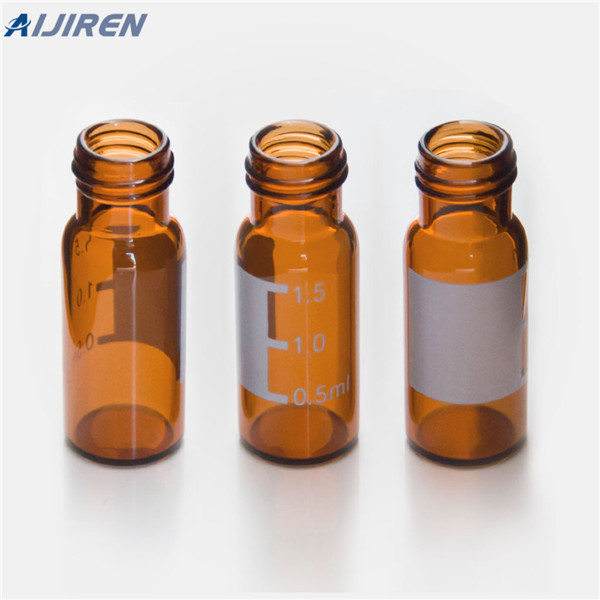
Jan 1, 2021 · He found that a decrease in the ratio of analytical precision to biological variation (inverse of normal signal to noise) of up to 50% leads to only a four percent improvement in overall variation (S T). This change in analytical precision produced only minor changes in clinical sensitivity and specificity.

Oct 14, 2010 · For most people a complete understanding of the standard methods required to accurately complete critical wastewater analytical tests is not necessary. However, a fundamental understanding of the theory behind and working knowledge of the basic procedures used for each test, and the answers to commonly asked questions about each test can be a valuable tool for anyone involved in generating

May 10, 2022 · Here we present four case studies that demonstrate how the negative impact of Type I glass vials on those susceptible analytes can be effectively eliminated by using appropriate sample diluents, which is essential to ensure accurate analytical data and provide for a smooth method validation and transfer.
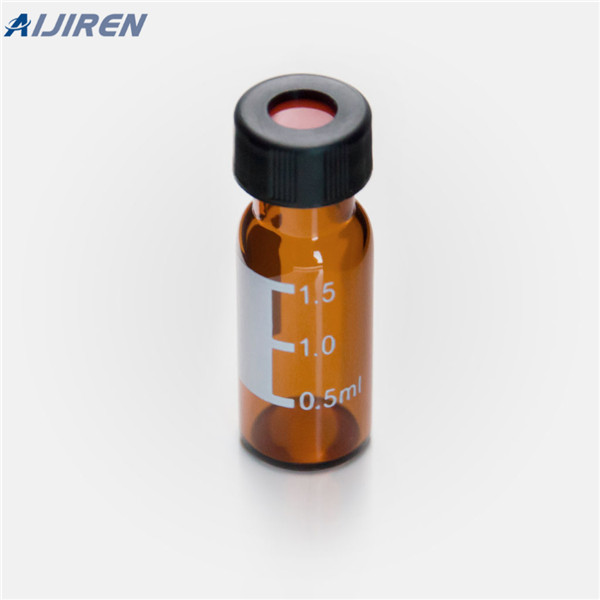
Jul 10, 2021 · Figure 1.3.1 1.3. 1: A double-pan mechanical balance is used to compare different masses. Usually an object with unknown mass is placed in one pan and objects of known mass are placed in the other pan. When the bar that connects the two pans is horizontal, then the masses in both pans are equal.

Various concepts have been introduced to improve students’ analytical thinking skills based on problem based learning (PBL). This paper introduces a new concept to increase student’s analytical thinking skills based on a visual learning strategy. Such a strategy has three fundamental components: a teacher, a student, and a learning process.
.jpg)
Jul 20, 2016 · Attention should be given to open vial stabilities published in the product insert. Most control materials must be kept between 2-8oC, even after reconstitution, so if the control material is kept at room temperature on the analytical bench most of the day, open vial stabilities and consequently control results may be compromised.
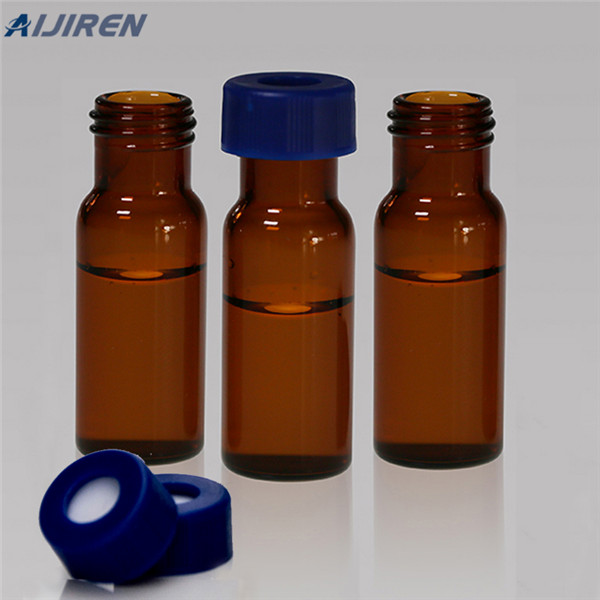
Feb 28, 2023 · Auditory. Text. Learning styles are a popular concept in psychology and education and are intended to identify how people learn best. VARK learning styles suggest that there are four main types of learners: visual, auditory, reading/writing, and kinesthetic. The idea that students learn best when teaching methods and school activities match

Jun 30, 2021 · UV-Vis spectroscopy is an analytical technique that measures the amount of discrete wavelengths of UV or visible light that are absorbed by or transmitted through a sample in comparison to a reference or blank sample. This property is influenced by the sample composition, potentially providing information on what is in the sample and at what

The guideline can also be applied to other analytical procedures used as part of the control strategy following a risk-based approach. The guideline is directed to the most common purposes of analytical procedures, such as assay/potency, purity, impurities), identity and other quantitative or qualitative measurements.

Jun 1, 2017 · DP Fill Weight • 8.923 - 9.381 mg/vial Analytical Variability (DS & DP) System Suitability (SS): 3 tests on Reference Material (RM) i. RSD of the three ≤2.0% ii. Average of the three within ± 2.5% difference from the RM lot release value (49.7%) Note: same method for DS and DP with different execution labs 10

QC System. We consider the QC ‘System’ used in most laboratories. 2 This system consists of (1) an understanding of analytical error; (2) synthetic QC material; (3) a set of QC rules (algorithms that specify actions based on the outcome of one or more control observations) which, with the results of the QC samples, are used to decide

Improve fraction cuts, aggregate or fragment discrimination and total concentration in real-time; cut out delays in receiving offline analytical results. With EasyMax applied to viral inactivation , quickly assess DoE space including mixing conditions, temperature control, dosing strategies and rates.
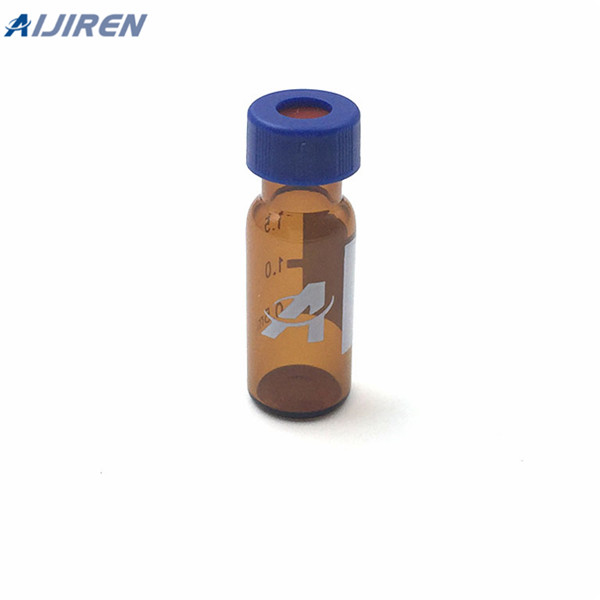
non-volatile material that can remain in the GC system and result in poor analytical performance. Many laboratory analysts use extensive sample preparation techniques to extract and concentrate the compounds of interest from this unwanted non-volatile material. These extraction and concentration techniques can become time consuming and costly.
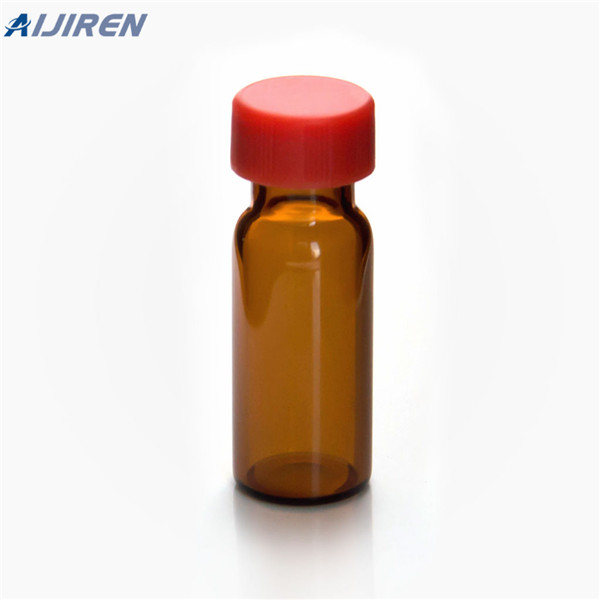
Sensory evaluation is an analytic tool to understand what individuals perceive in grain-based products. •. Sensory evaluation can be divided into difference tests, affective (consumer) tests, and descriptive analysis (trained panels). •. Sensory evaluation tests must be set up in a specific way to minimize errors and biases during testing.